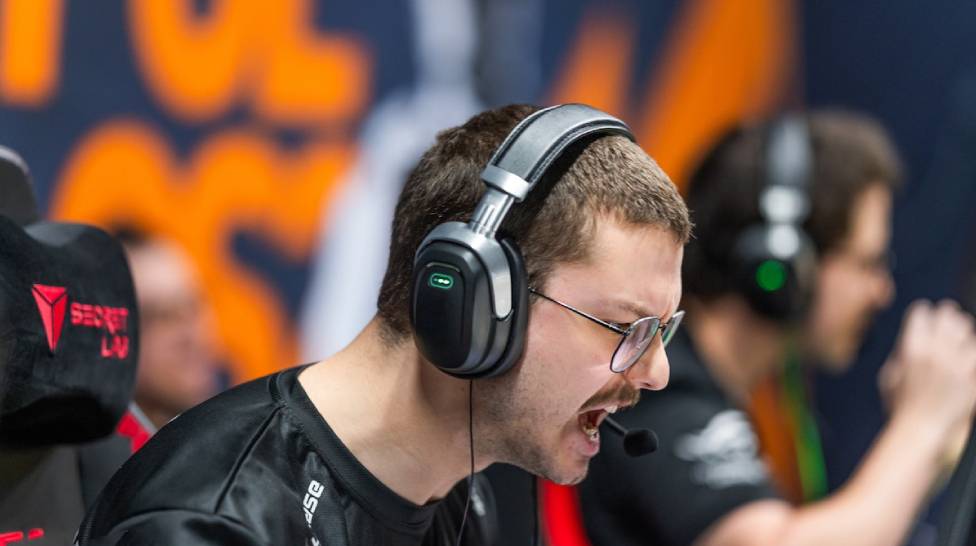The Essence of Team Victory in Esports
In a recent conversation with HLTV.org, the promising esports athlete known as 'saadzin' conveyed a refreshing perspective that diverges from the conventional glorification of individual statistics within the competitive gaming sphere.
His statement:
"I just want to win; I don’t want to have the best stats in the game,"
underscores a broader shift towards valuing collective achievements over solo performance metrics. This approach not only amplifies the importance of teamwork but also redefines what it means to be successful in esports.
Understanding saadzin's Competitive Ethos
While many players focus extensively on their kill/death ratio (K/D), damage per round (DPR), and other personal performance indicators to gauge their effectiveness and value within a team, saadzin highlights an alternate path to glory. His commitment to winning as the ultimate goal rather than pursuing stellar individual statistics challenges traditional metrics of player evaluation.
Impact Beyond the Scoreboard
Saadzin's philosophy reflects an understanding that impactful play may not always translate directly into high scores or impressive statistical displays. Actions like strategic positioning, communication, or crucial support roles often go unnoticed in standard metric assessments yet are vital for securing victories.
The Broader Implications for Esports Teams
This mindset shift suggests significant implications for how teams are formed and how players are evaluated during recruitment. Coaches and talent scouts might increasingly prioritize adaptable players like saadzin who exhibit strong teamwork skills and a selfless approach to competition.
- Redefinition of Player Value: Players who can contribute strategically to wins may receive more recognition.
- Team Dynamics: A focus on winning as a team could enhance cohesion and morale among team members.
- Talent Development: Training programs might evolve to emphasize role flexibility and strategic thinking over pure skill enhancement.
Fostering a Culture of Collective Success
By advocating for victory through collaboration rather than individual prowess alone, saadzin champions a culture shift that could influence future generations of esports athletes. Such attitudes encourage emerging talents to view success through a holistic lens where victories are shared achievements rather than collections of solo efforts.
The growing appreciation for players who prioritize winning above all underlines an essential truth about sports electronic or otherwise and that is: no matter how talented individuals may be, it’s often unity and shared purpose that clinch ultimate triumphs.
In conclusion, as competitive gaming continues its rapid expansion globally, players like saadzin represent not just new talents entering the field but also harbingers of evolving paradigms in how games are played and won. Their perspectives offer valuable lessons on competition strategy long after computers are shut down and lights dimmed the true measure of victory lies not just in numbers but in shared experiences forged through pursuit of common goals.
CS2 Gambling
CS2 Skin Trading
Rust Gambling
Promo Codes
Online Casinos
Crypto Casinos
CyberSport Feed









![Top 10 CS2 Workshop Maps in [year] Top 10 CS2 Workshop Maps in [year]](/imgs/news_8014/20241111/cache/1731319844_c89c5afb43f4ce03d1b3___308_174.jpg)

![Top 5 CS2 Cheats in [year] Top 5 CS2 Cheats in [year]](/imgs/news_8003/20241107/cache/1730975319_fad9f983f190c7d75fc0___308_174.jpg)